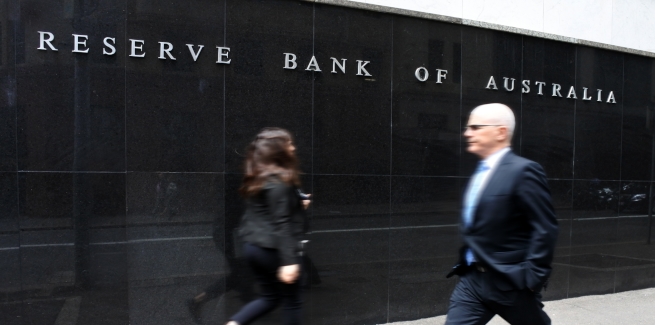Earlier this week, the Reserve Bank of Australia (RBA) held the official cash rate at 1 per cent, in line with market expectations.
However, the central bank is expected to cut rates further in the coming months, following on from its back-to-back reductions in June and July.
Analysts are expecting the cash rate to hit 0.5 per cent by the end of 2019.
However, ANZ Research’s head of economics, David Plank, said he expects the central bank to continue easing rates in 2020, which would drag the cash rate down to the effective lower bound of 0.25 per cent.
Mr Plank said that the need to stimulate an underperforming labour market would outweigh risks associated with a sharper than expected recovery in the property market.
“There are a lot of moving parts for the RBA to consider at present, ranging from a deterioration in the global backdrop to the risk that even lower interest rates will turn a recovery in house prices into a boom,” he said.
“We think the RBA will judge that it has little choice but to ease further over the coming year, as the impact of the sharp domestic slowdown feeds into the labour market and the bank is forced to respond to global policy settings.”
Echoing remarks made by CoreLogic head of research Tim Lawless, Mr Plank said regulators would address any potential resurgence in credit growth in response to rate cuts with bespoke policy measures.
“If this triggers a sharp lift in credit growth, we would expect other policymakers to respond,” he said.
Mr Plank continued: “We see the cash rate hitting what we perceive to be the effective lower bound (ELB) of 0.25 per cent by May 2020.
“At that point, we think the bank will signal that the cash rate will stay at the ELB until there has been a material move lower in labour market slack and a corresponding rise in wages and inflation.”
The economist added that irrespective of where cash rate ends up, interest rates are “set to stay low for a long time”.
Mr Plank said the RBA’s short-term monetary policy strategy would depend on the strength of upcoming labour market data.
“A decent labour market report in a few weeks will likely rule against a move in October,” he said.
“Equally, a sharp move higher in unemployment could see the bank cut in October and November.”
[Related: Credit curbs in sight as housing rebound accelerates]

